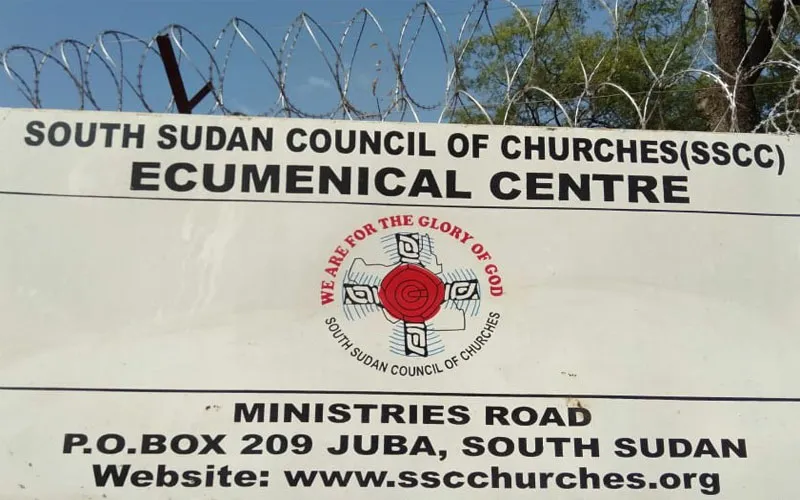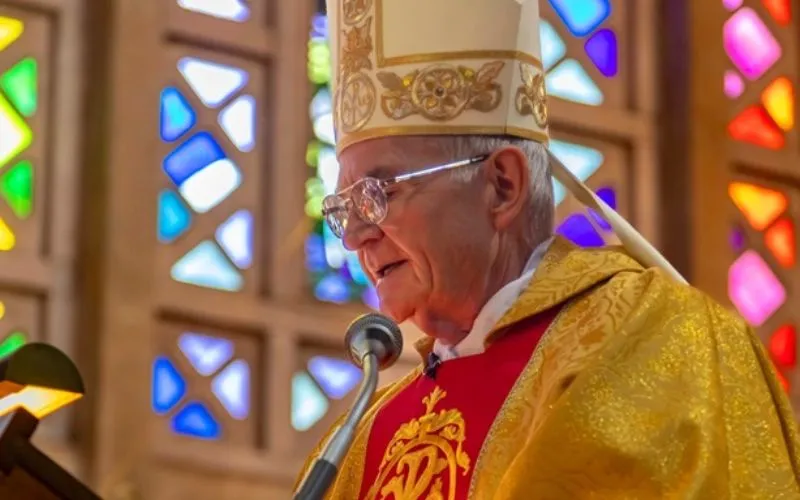Juba, 19 November, 2019 / 1:48 am (ACI Africa).
Days after leaders of the South Sudan Council of Churches (SSCC) welcomed the second postponement of the formation of a unity government contemplated in the Revitalized Agreement on the Resolution of Conflict in South Sudan (R-ARCSS), a Catholic official of the seven-member ecumenical body used the occasion of the General Assembly of Pentecostal Overseers to outline and explain three pillars guiding the efforts by the Christian churches toward peace in the East African nation.
Providing a collective platform for Christian Churches to enhance the spirit of ecumenical cooperation in the world’s youngest nation, SSCC’s website describes the entity as “an ecumenical body of seven member churches and associate churches in South Sudan with a strong legacy of peacebuilding, reconciliation and advocacy.”
“SSCC has a framework for peace, as we call it, Action Plan for Peace (APP). This APP has got three main pillars,” SSCC General Secretary, Fr. James Oyet Latansio said Friday, November 15 in Juba during the mid-term General Assembly of Pentecostal overseers.
“The first pillar is the advocacy pillar, the second pillar is the neutral forum pillar and the third pillar is the reconciliation pillar,” Fr. Oyet, a priest of South Sudan’s Yei diocese told the General Assembly comprising 70 members, among them Pentecostal bishops and Pastors from different states of South Sudan.
“When we speak of advocacy, the first pillar, we tend to influence opinions and policies towards resolving conflict in South Sudan and also the main thing is to change the narrative,” Fr. Oyet told ACI Africa in an interview.








